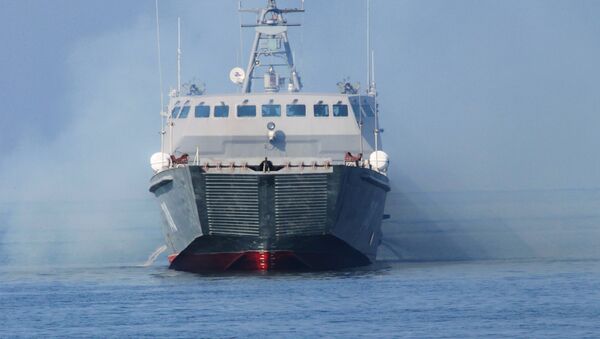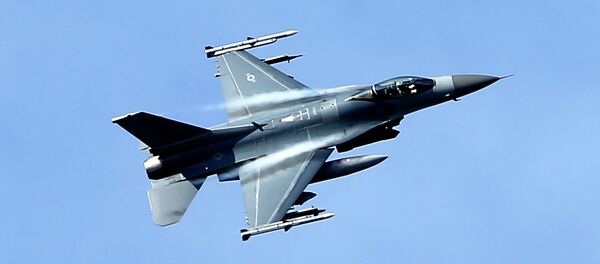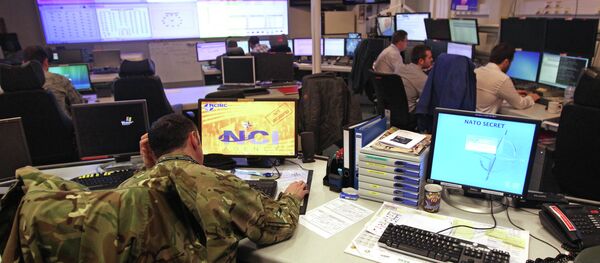"Based on a comprehensive analysis of a number of military-political, social and historical factors that influence the situation in the region, we will consider ways to improve the strength of the Baltic Fleet and the structure of its combined-arms contingent."
"It is necessary to take steps aimed at improving effectiveness and reliability of the entire command-and-control chain on the Kaliningrad theater of operations," Shoigu said at a meeting with top military brass in Moscow.
Russia has repeatedly expressed concern over NATO’s activities near its borders, saying that this move could contribute to further deterioration of the alliance’s relations with Moscow.
NATO suspended its cooperation with Moscow shortly after Crimea rejoined Russia in March 2014, limiting contact to ambassadorial and higher levels, despite the fact that the reunification came after an overwhelming 96 percent majority of the peninsula's voters supported the move through a referendum.





